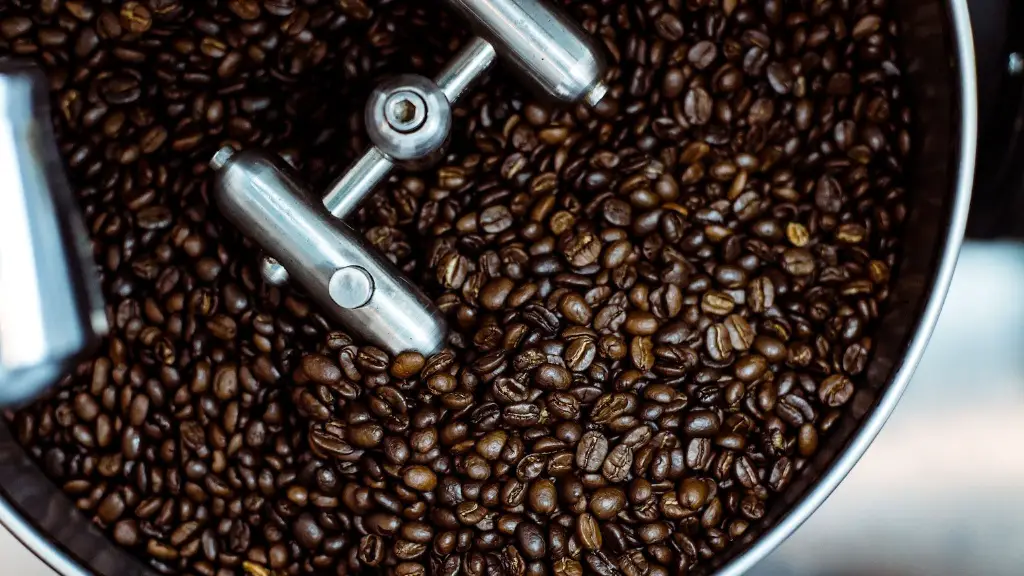Prehistoric beginnings
The history of coffee is complex and engaging. It’s believed to have originated in Ethiopia, where the coffee plant was discovered near the Red Sea and was first used by the Abyssinians for spiritual purposes. In these primitive cultures, the crushed beans were mixed with animal fat, forming a paste and then eaten. The caffeine in the coffee beans gave them energy and clarity, and from this point it slowly gained popularity.
The coffee plant was first mentioned in a medical text from the tenth century, with descriptions of coffee’s stimulating effects mentioned in old Arabian texts around 1400. It made its way to the cloth-weaving towns of Syria and Egypt by the 16th century and by the end of the 17th century had made its way to Constantinople, also known as Istanbul.
Initially in the East, coffee was drunk in Sufi monasteries and was used as a stimulant to help religious adherents focus during their long hours of prayer and contemplation. As coffee spread west, it began to gain popularity among European nobleman, who soon began drinking it instead of wine and other spirits. By the end of the 18th century, the drink had become firmly established in Europe and America.
Colonization and slavery
The colonization of Latin America, Africa and the Caribbean brought coffee to previously unseen parts of the world. Coffee was also a key factor in the slave trade – slaves were taken from Africa to the Caribbean and Latin America to be used as labor on coffee plantations. In some cases, European colonists not only enslaved the native population, but also brought African slaves to work on the plantations. This period in history was devastating for the local populations, as the labor needed for coffee production was immense and the conditions in which the slaves worked were brutal.
The demand for coffee from the plantations grew rapidly in the 1700s, with tea being replaced as the most popular hot drink. Coffee houses also began to spring up across Europe and America, and the proliferation of the drink broke many socio-economic barriers as it was affordable for all classes. Coffee was no longer just a drink for the rich and powerful, but was enjoyed by all people.
The trade of beans and the new industry of cultivating them contributed to the economic development of Europe and America. The first coffee bushes were planted in Brazil around 1720, and later in many other Latin American countries. Coffee soon became the most important crop in the colonies, and was a major source of revenue for the European colonial powers. The vast majority of coffee produced was exported to be consumed by Europeans.
Industrialization and instant coffee
The 19th century saw an industrial revolution, which led to methods for roasting, grinding, packing and preserving coffee developed on a mass-scale. In 1822, the German-born American entrepreneur, John Arbuckle, began packing roasted coffee into bags which he patented as the “Ariosa” method. Around the same time, the instant coffee process was invented.
The instant coffee process involved removing brewing chemicals from the bean, thereby reducing the amount of time needed to prepare the drink. Switzerland is often credited as the birthplace of instant coffee, with a patent for a process of mixing dried coffee with sugar and other flavorings being filed in 1880. The concept of instant coffee soon caught on, and by the same time, ready-made pre-packaged coffee was being sold. This revolutionized the way coffee was brewed and consumed.
In America, the growth of the coffee industry was also fueled by marketing and culture; figures such as Maxwell House and Folger’s made sure that they had the highest-quality product available and marketed it heavily. With the rise of diner-style restaurants and cafés, hot drinks became staples of the menu and coffee became the go-to beverage. It was in the USA in the 1950s that coffee really began to be viewed as the beverage of choice.
Caffeine culture
Since then, our love affair with coffee has continued to grow, with specialty coffee being viewed by many as an upscale beverage. From the emergence of the boutique coffee shop to the advent of drive-thru coffee stands, coffee is now available on nearly every corner and has become heavily ingrained in nearly every culture around the world; whether it’s for a morning pick-me-up or a chance to socialize with friends and colleagues, coffee represents a moment to escape from the hustle and bustle of everyday life.
Research has also suggested that coffee consumption can improve concentration, reduce stress and increase metabolic rate. Studies have also linked coffee consumption to lower risks of several illnesses, including Type 2 Diabetes, liver cancer, and Parkinson’s Disease. While coffee may not be for everyone, for many people it has become a part of their daily routine and an essential part of their lives.
Environmental impact
However, while coffee may have myriad health benefits, its cultivation and consumption also has a large impact on the environment. Coffee production requires large amounts of water, and much of the crop is grown in areas where water is scarce. The coffee industry is also one of the largest contributors to carbon emissions, with coffee roasting processes releasing huge amounts of CO2 into the atmosphere.
Furthermore, the coffee trade has vast implications for workers rights. Coffee is typically grown in developing countries, where producers often find themselves in unprotected and vulnerable situations, resulting in poor wages and working conditions. While some initiatives have been established to support the growers, much more needs to be done to ensure that coffee production is sustainable, fair and ethical.
Coffee industry today
The coffee industry has had a significant impact on the global economy, resulting in it becoming one of the world’s most valuable commodities. Today, countries such as Brazil, Colombia, Vietnam, Indonesia and Ethiopia dominate the world market, while increased global awareness has led to an increase in demand for specialty coffees from these countries.
Coffee is now a ubiquitous part of popular culture, with TV shows and movies often depicting characters enjoying a cup of coffee. It is now often used as an excuse to meet up with friends, to get some alone time or to enjoy a moment of relaxation. The historical, cultural and environmental importance of the drink cannot be understated, and it looks likely that coffee will continue to be enjoyed for many years to come.





